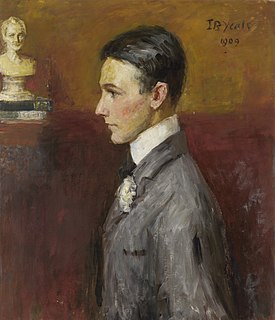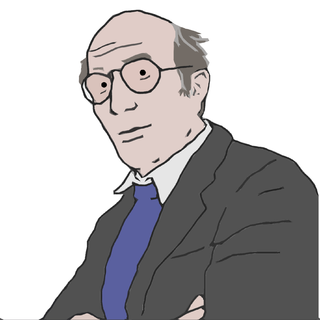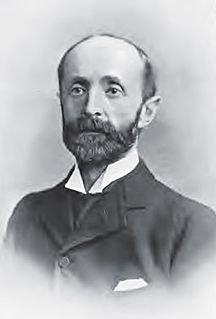A Quote by Benjamin Whichcote
A wise man will not communicate his differing thoughts to unprepared minds, or in a disorderly manner.
Quote Topics
Related Quotes
A man who has the courage of his platitudes is always a successful man. The instructed man is ashamed to pronounce in an orphic manner what everybody knows, and because he is silent people think he is making fun of them. They like a man who expresses their own superficial thoughts in a manner that appears to be profound. This enables them to feel that they are themselves profound.
He who thinks much says but little in proportion to his thoughts. He selects that language which will convey his ideas in the most explicit and direct manner. He tries to compress as much thought as possible into a few words. On the contrary, the man who talks everlastingly and promiscuously, who seems to have an exhaustless magazine of sound, crowds so many words into his thoughts that he always obscures, and very frequently conceals them.
The poet presents the imagination with images from life and human characters and situations, sets them all in motion and leaves itto the beholder to let these images take his thoughts as far as his mental powers will permit. This is why he is able to engage men of the most differing capabilities, indeed fools and sages together. The philosopher, on the other hand, presents not life itself but the finished thoughts which he has abstracted from it and then demands that the reader should think precisely as, and precisely as far as, he himself thinks. That is why his public is so small.






































